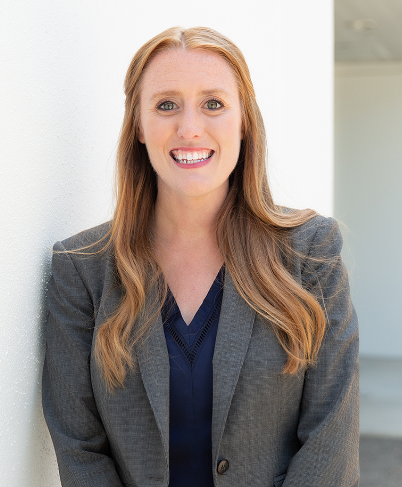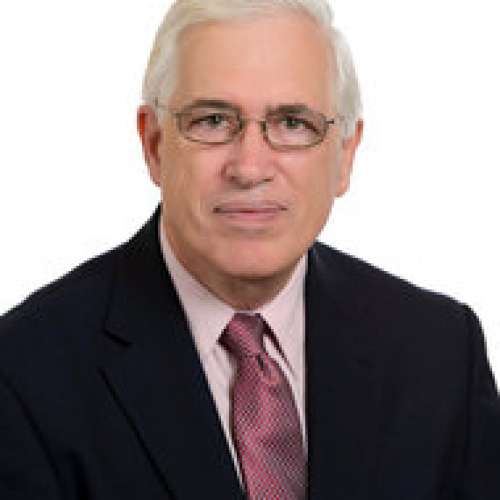Advanced Commercial Banking and Lending:How to Evaluate Financial Performance,Forecast Repayment Ability,and Improve Shareholder Value
Banking commercial borrowers require lenders to evaluate both repayment abilities, and, in turn, necessitates analyzing both the short-term and long-term potential of borrowers. Enough positive cash flow to repay creditors and reward owners comes from solid financial performance, sustainable operating performance, and a stable financial condition.
Projecting a borrower’s financial performance means analyzing the underlying assumptions, e.g., revenue growth rate, productivity, profitability ratios, cost of debt and equity capital, etc., and employing these factors to forecast the income statement, balance sheet, and cash flow statement to quantify the future cash flow available for debt repayment, dividends, working capital and fixed asset investment sufficient to keep the borrower operating successfully.
Finally, building shareholder value keeps the owners engaged and committed to sustaining the business. What is the discounted value of those future cash flows? What are the key drivers? See how well working capital management—inventory, receivables, payables—can build up shareholder value faster and how productive capital expenditures can enhance shareholder value.
Session 1: Financial Performance
- Operating performance
- Revenue
- Sustainable sales growth
- Break-even sales
- Sales productivity
- Profitability
- Financial condition
- Liquidity
- Leverage
- Solvency
- Cash flow
Session 2: Financial Projections
- Basics of projections
- Viability of underlying assumptions
- Linkage of the income statement to balance sheet to cash flow
- Projecting income statement
- Projecting balance sheet
- Projecting cash inflows and outflows
- Sufficiency of cash flows to repay debt, reward owners, and sustain enterprise
Session 3: Shareholder Value
- Role of shareholder value as a reward to owners
- Key drivers in the projection of enterprise shareholder value growth
- Sales growth rate
- Tax rate
- Profitability
- Working capital investment
- Fixed asset investment
- Weighted cost of debt and equity capital
- Short-term and long-term alternatives to accelerate shareholder value growth
Building a long-term relationship with a borrower requires a banker to consider borrower needs beyond yearly, seasonal lending. Does the borrower have the financial performance and financial condition to go the distance? Do the borrower’s financial projections indicate the ability to repay longer-term borrowing? Will the borrower be able to increase shareholder value while generating enough cash flow to repay creditors and lenders, increase working capital and fixed assets to support the firm’s growth, and reward investors simultaneously? This 3-part session will show participants how to answer these questions.
- Credit analysts
- Credit department managers
- Credit approvers
- Credit risk managers
- Commercial lenders
- Portfolio analysts
- Relationship managers
- Loan reviewers
A frequent speaker, instructor, advisor and writer on credit risk and commercial banking topics and issues, Martin J. "Dev" Strischek principal of Devon Risk Advisory Group based near Atlanta, Georgia. Dev advises, trains, and develops for financial organizations risk management solutions and recommendations on a range of issues and topics, e.g., credit risk management, credit culture, credit policy, credit and lending training, etc. Dev is also a member of the Financial Accounting Standards Board’s (FASB’s) Private Company Council (PCC). PCC’s purpose is to evaluate and recommend to FASB revisions to current and proposed generally accepted accounting principles (GAAP) that are more appropriate for privately held firms. He also serves as the PCC’s representative to FASB’s Credit Losses Transition Resource Group supporting the new current expected credit loss (CECL) standard to be implemented in fiscal year 2019 for public companies and 2020 for private firms.
The former SVP and senior credit policy officer at SunTrust Bank, Atlanta, he was responsible for developing, implementing, and administering credit policies for SunTrust’s wholesale lines of business--commercial, commercial real estate, corporate investment banking, capital markets, business banking and private wealth management. He also spent three years as managing director and credit approver in SunTrust’s Florida commercial lending and corporate investment banking areas, respectively. Prior to SunTrust, he was chief credit officer for Barnett Bank’s Palm Beach market. Besides stints at other banks in Florida, Kansas City, and Ohio, his experiences outside of banking include CFO of a Honolulu construction company, combat engineer officer in the U.S. Army, and college economics instructor.
A graduate of Ohio State University and the ABA Stonier Graduate School of Banking, Dev earned his M.B.A. from the University of Hawaii. Mr. Strischek serves as an instructor in several banking schools, including the Stonier Graduate School of Banking, and the Southwest Graduate School of Banking. His school, conference, and workshop audiences have included participants drawn from the ABA, RMA, OCC, Federal Reserve, FDIC, FFIEC, SBA, the Institute of Management Accountants (IMA) and the AICPA.
Mr. Strischek has written some 200 articles on credit risk management, financial analysis and related subjects, and he is the author of Analyzing Construction Contractors and instructor of a contractor analysis workshop. A past national chair of RMA and former RMA Florida Chapter president, Dev has consulted on credit risk issues with banks in Morocco, Egypt, and Angola through the US State Department’s Financial Service Volunteer Corps (FSVC).
Upcoming Webinars










































































